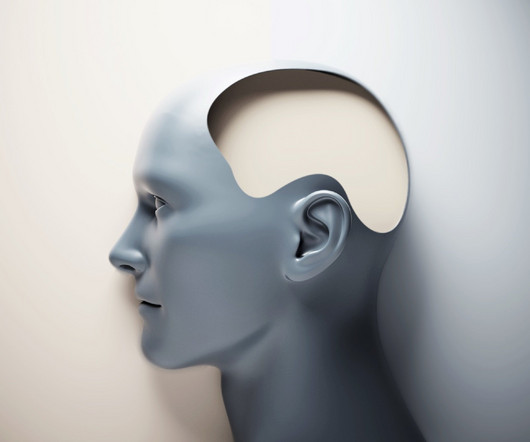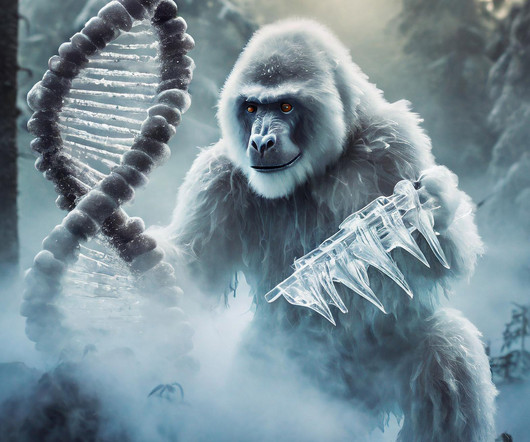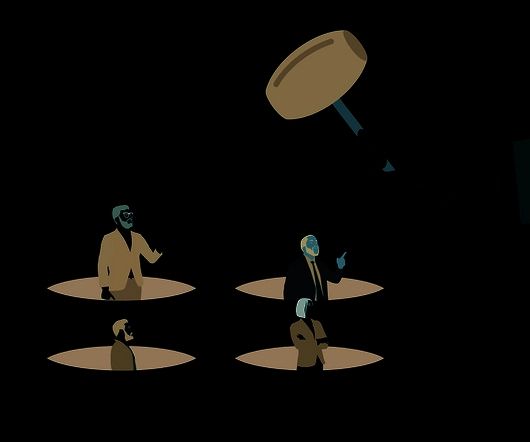Self Stolen: How ECT Fried My Brain
Mad in America
DECEMBER 29, 2023
I was diagnosed with Bipolar II at age 12 and attempted suicide at age 13. A traumatic brain injury in 2002 didn’t help anything. I tried going back to school after the brain injury, but between the bipolar disorder and the head trauma, I couldn’t handle the stress and pressure anymore.












Let's personalize your content